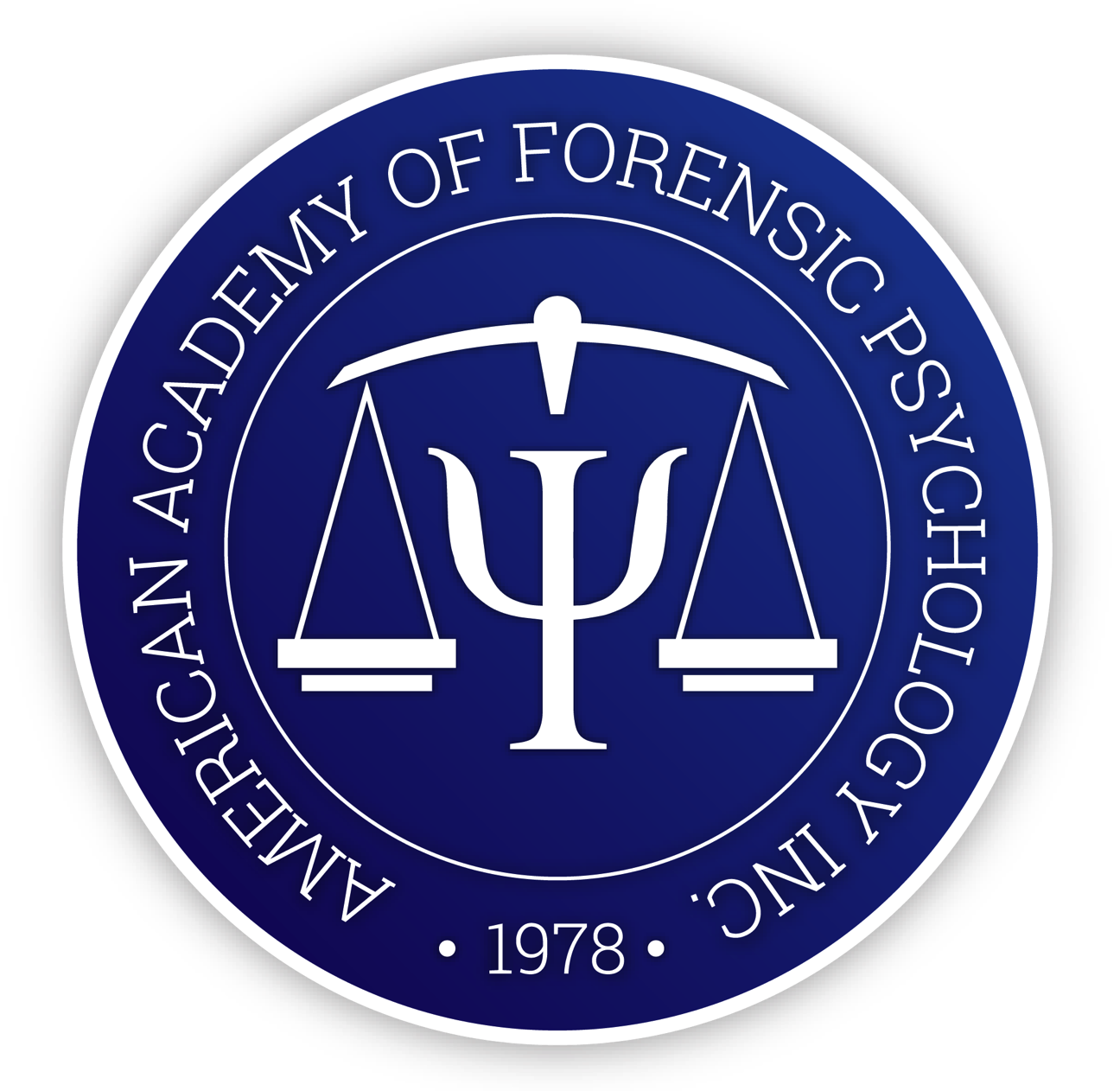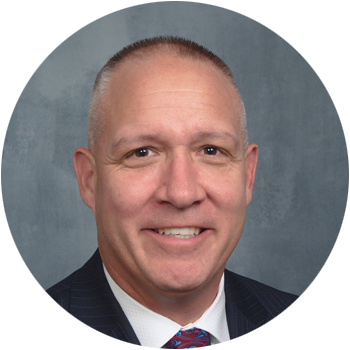4 Hours | 4 CEs
This on-demand professional training program on AAFP: Case Law Series: Competence to Stand Trial is presented by Bob Stinson, PhD, JD, ABPP in partnership with the American Academy of Forensic Psychology (AAFP).
This program reviews case law in the area of competence to stand trial and discusses its implications for completing competency to stand trial evaluations. All of the competence to stand trial landmark cases from the American Board of Forensic Psychology's (ABFP's) Suggested Reading List for Written and Oral Examinations are reviewed. Additionally, relevant case law not included on the suggested reading list is reviewed.
This program proves helpful to those developing expertise in the area of competence to stand trial, those considering board certification, and those with advanced knowledge in competency to stand trial evaluations who want a refresher on landmark cases and an update on recent rulings.

Intended Audience
This on-demand professional training program is intended for mental health and other allied professionals

Experience Level
This on-demand professional training program is appropriate for beginner, intermediate, and advanced level clinicians.

CE / CPD Credit
APA, ASWB, CPA, NBCC Click here for state and other regional board approvals.
Learning Objectives
Upon completion of this program you will be able to:

Describe the relationship between ethical forensic practice and knowledge of relevant case law.

Describe at least 10 of the United States Supreme Court landmark cases in the area of competence to stand trial and state the holdings in each case.

Describe at least 3 lower federal court landmark cases in the area of competence to stand trial and state the holdings in each case.

Describe how to use the learned case law to the practice of completing competency to stand trial evaluations.

Curriculum
1. Overview and Objectives
2. Relationship Between Ethical Forensic Practice and Knowledge of Relevant Case Law
3. What Does it Mean to be Competence to Stand Trial?
4. Who Bears the Burden of Proof?
5. What is the Proper Standard of Proof in Determining Competency?
6. Can Someone be Competent if They Have Amnesia for the Event?
7. Can we Involuntarily Treat a Non-Dangerous Patient to Restore to CST?
8. Can we Indefinitely Commit Individuals Who Are IST?
9. Is There A Different Standard for Waiving Rights and Pleading Guilty?
10. Does a Competent Defendant Have a Right to Proceed Pro Se?
Develop a Specialty Area of Practice
Transforming mental health professionals into experts
Expert Instructors
Professional training developed and delivered by the field's leading experts

CE Credit
Earn CE credit for meaningful professional training that will elevate your practice
Convenience & Flexibility
Learn at your own pace, from wherever you might be!
Program Partner
American Academy of Forensic Psychology (AAFP)
We are proud to partner with the American Academy of Forensic Psychology (AAFP) for this training. AAFP is a non-profit organization of board-certified forensic psychologists whose mission is to contribute to the development and maintenance of forensic psychology as a specialized field of study, research, and practice. The Academy does this by providing high-quality continuing education workshops, providing a forum for the exchange of scientific information among its members, and conferring awards upon outstanding students and practitioners in the field of forensic psychology.

CE Sponsorship Information
Palo Alto University, Continuing and Professional Studies (CONCEPT) is approved by the American Psychological Association to sponsor continuing education for psychologists. Palo Alto University, Continuing and Professional Studies (CONCEPT) maintains responsibility for this program and its content. Palo Alto University, Continuing and Professional Studies (CONCEPT) is approved by the Canadian Psychological Association to offer continuing education for psychologists. Palo Alto University, Continuing and Professional Studies (CONCEPT), SW CPE is recognized by the New York State Education Department’s State Board for Social Work as an approved provider of continuing education for licensed social workers #SW-0356 and the New York State Education Department’s State Board for Mental Health Practitioners as an approved provider of continuing education for licensed mental health counselors. #MHC-0073. Palo Alto University, Continuing and Professional Studies (CONCEPT) has been approved by NBCC as an Approved Continuing Education Provider, ACEP No. 6811. Programs that do not qualify for NBCC credit are clearly identified. CONCEPT Professional Training, #1480, is approved to offer social work continuing education by the Association of Social Work Boards (ASWB) Approved Continuing Education (ACE) program. Organizations, not individual courses, are approved as ACE providers. State and provincial regulatory boards have the final authority to determine whether an individual course may be accepted for continuing education credit. CONCEPT Professional Training maintains responsibility for this course. ACE provider approval period: 11/22/23-11/22/26. Social workers completing this course receive (clinical or social work ethics) continuing education credits.

